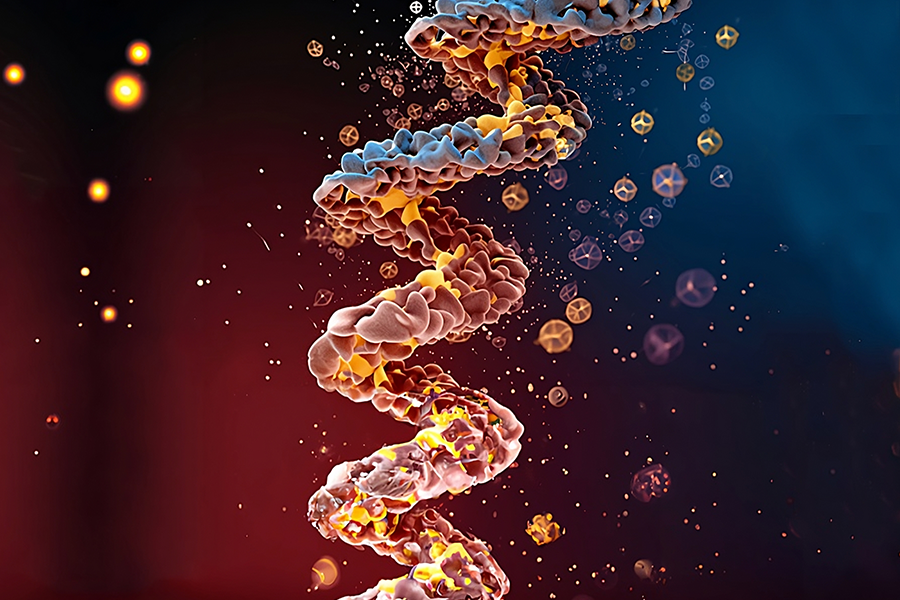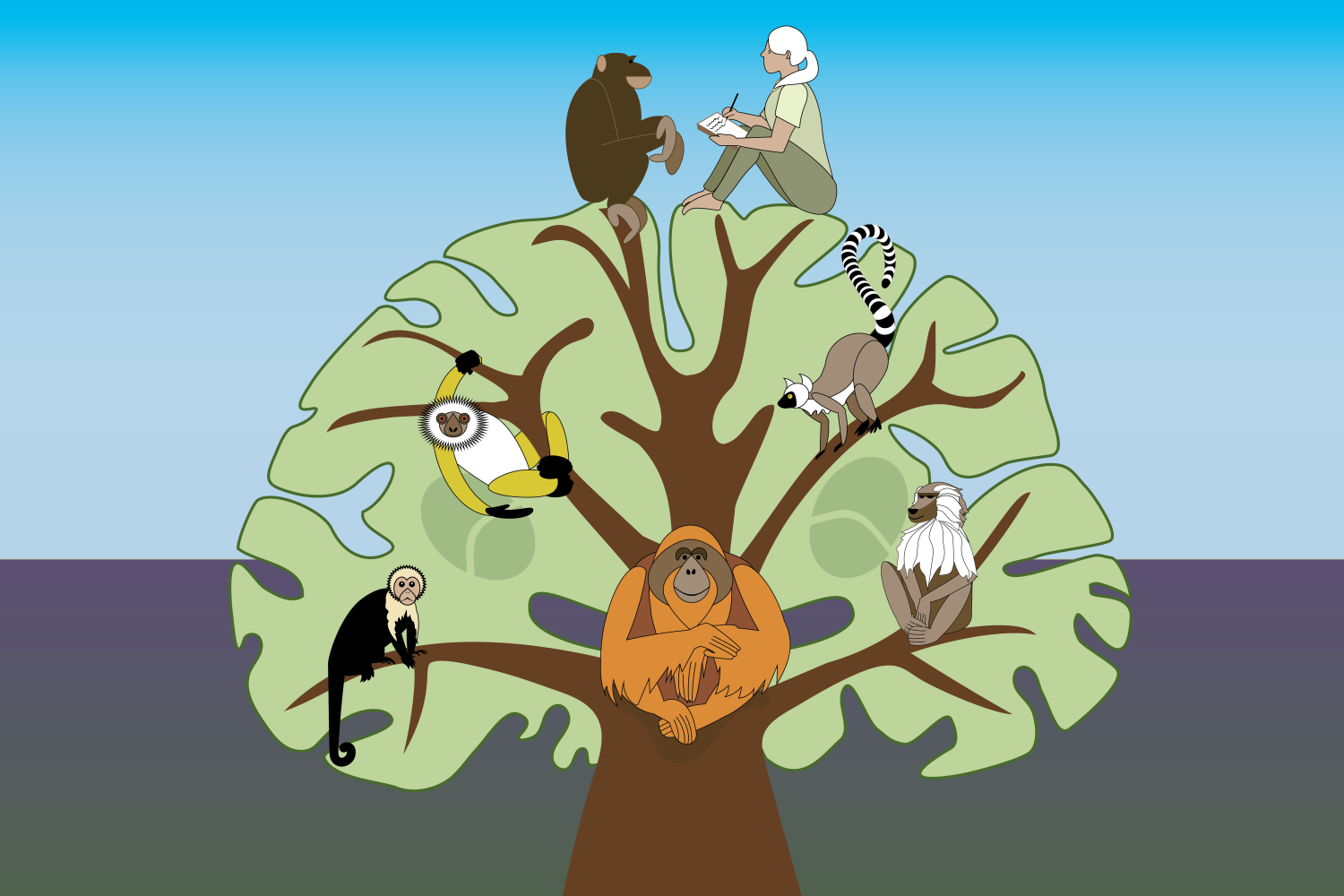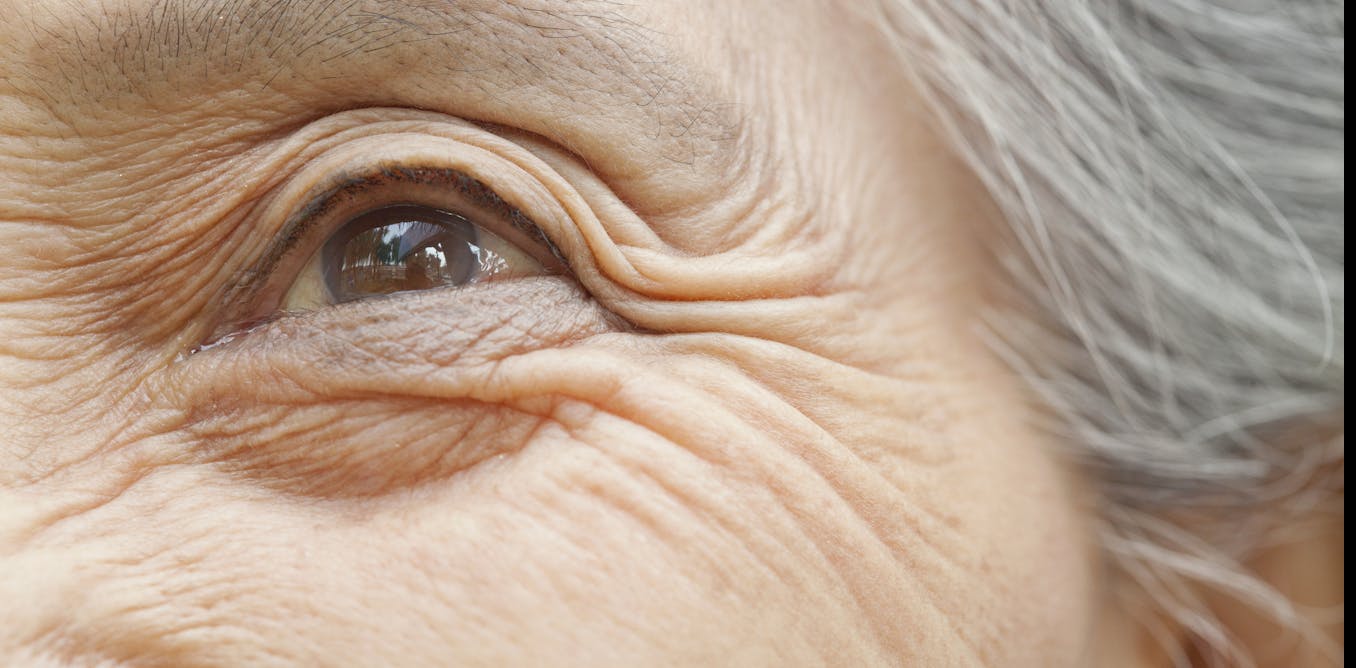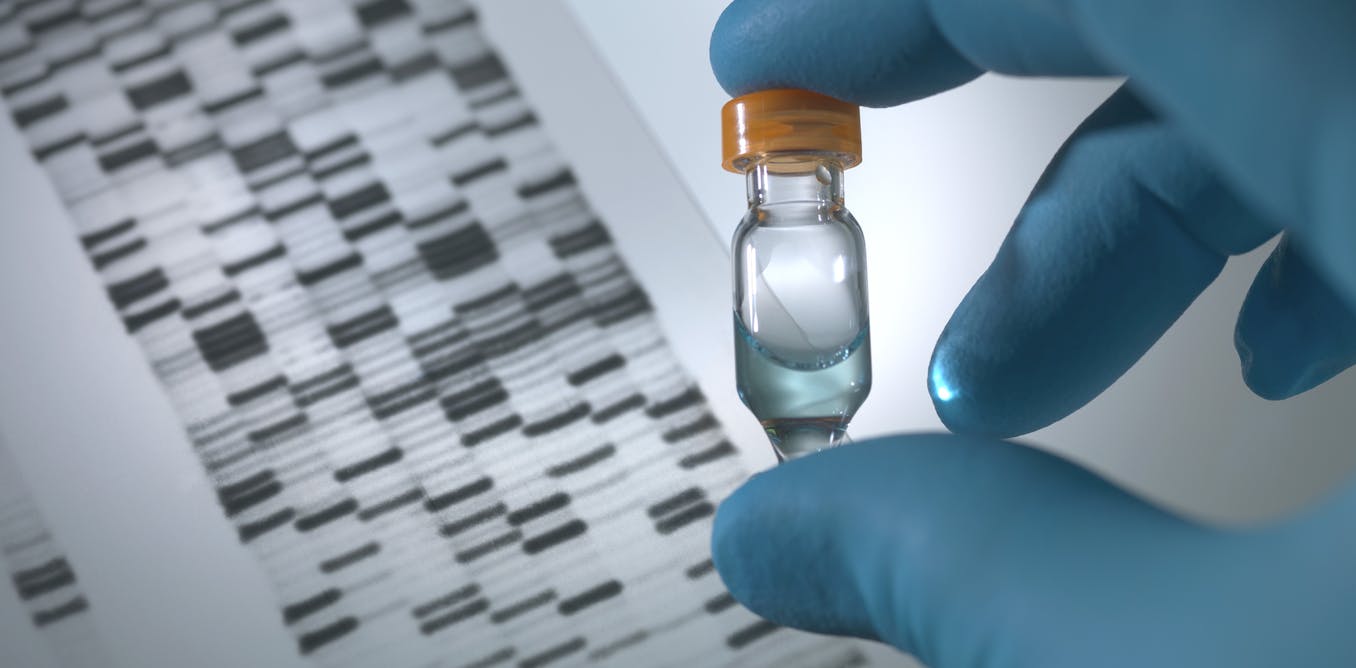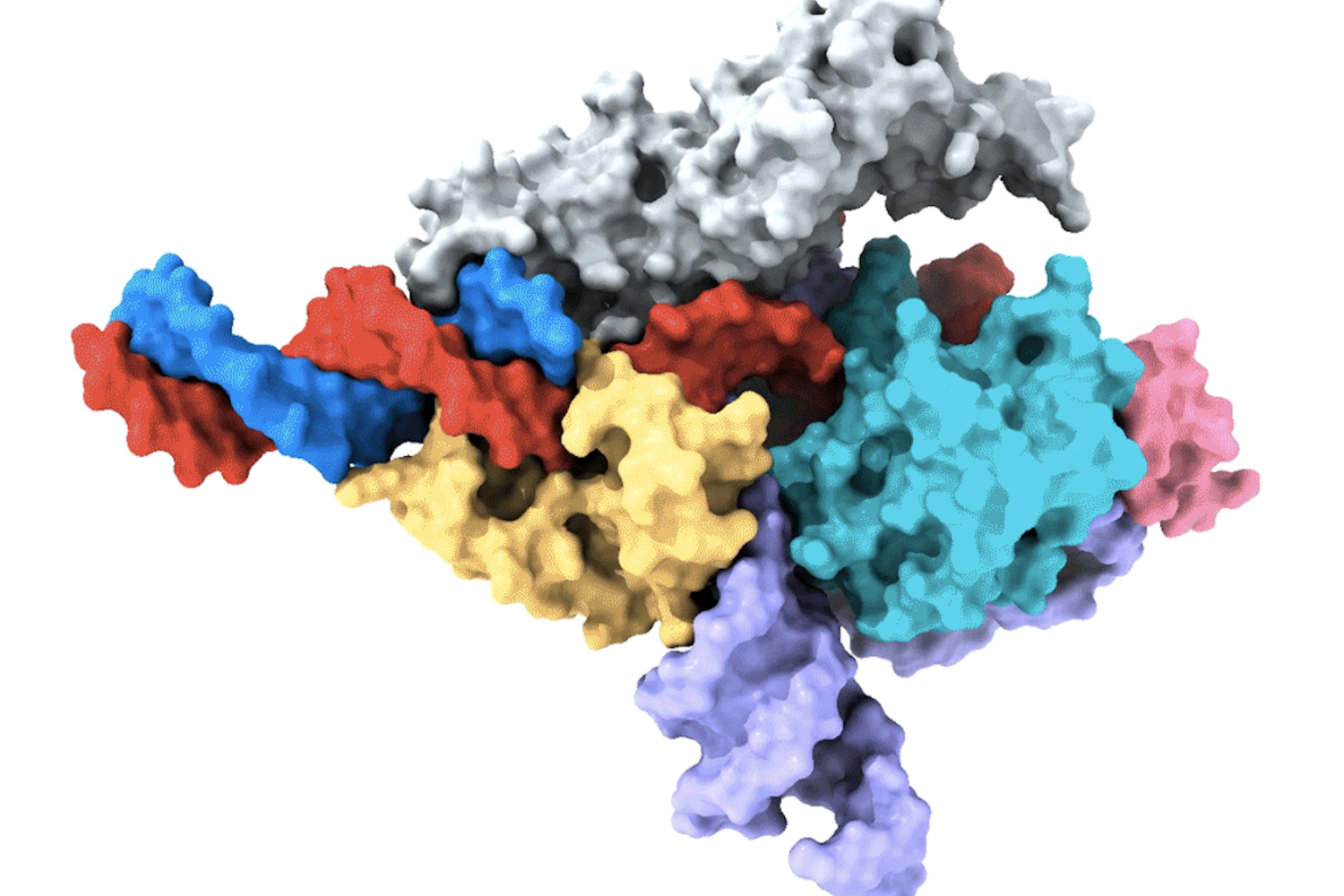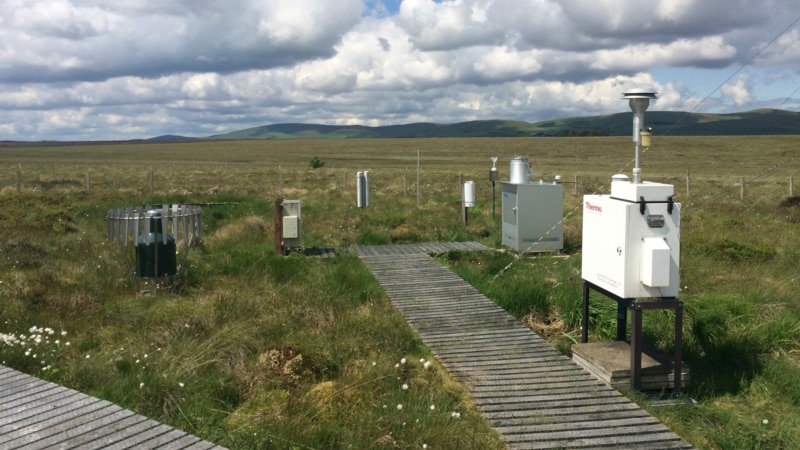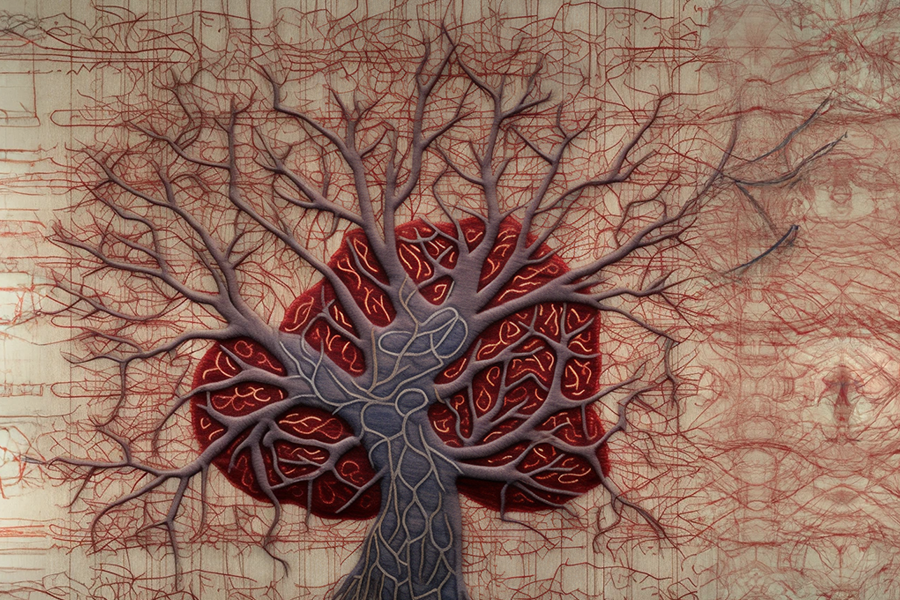Aging is complicated – a biologist explains why no two people or cells age the same way, and what this means for anti-aging interventions
Aging is a culmination of factors spanning from your cells to your environment. A number of interconnected processes determine how quickly your body is able to repair and recover from damage.
July 6, 2023 • ~9 min
_E. coli_ is one of the most widely studied organisms – and that may be a problem for both science and medicine
Researchers uncovered the foundations of biology by using E. coli as a model organism. But over-reliance on this microbe can lead to knowledge blind spots with implications for antibiotic resistance.
July 5, 2023 • ~8 min
Researchers can learn a lot with your genetic information, even when you skip survey questions – yesterday's mode of informed consent doesn't quite fit today's biobank studies
Biobanks collect and store large amounts of data that researchers use to conduct a wide range of studies. Making sure participants understand what they’re getting into can help build trust in science.
June 29, 2023 • ~7 min
Researchers uncover a new CRISPR-like system in animals that can edit the human genome
The first RNA-guided DNA-cutting enzyme found in eukaryotes, Fanzor could one day be harnessed to edit DNA more precisely than CRISPR/Cas systems.
June 28, 2023 • ~7 min
Atlas of human brain blood vessels highlights changes in Alzheimer’s disease
MIT researchers characterize gene expression patterns for 22,500 brain vascular cells across 428 donors, revealing insights for Alzheimer’s onset and potential treatments.
June 21, 2023 • ~17 min
/
45


